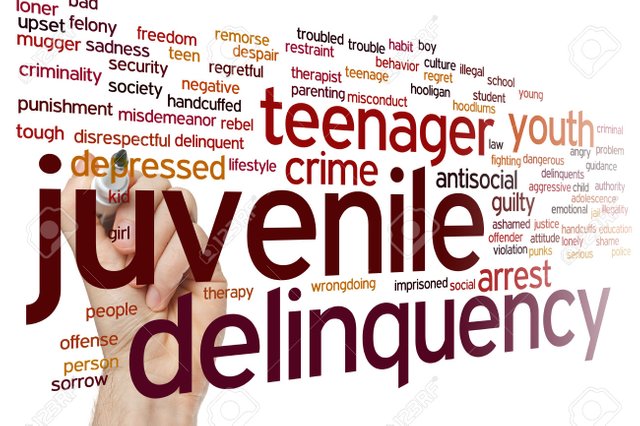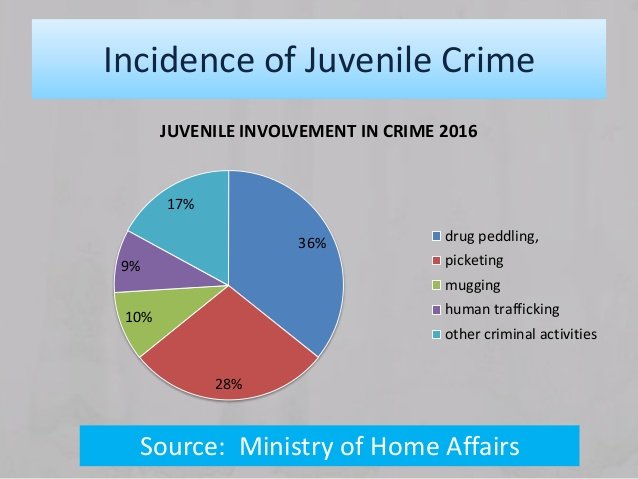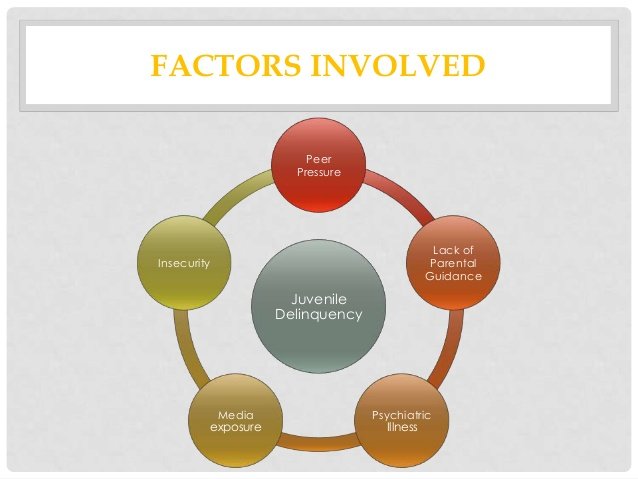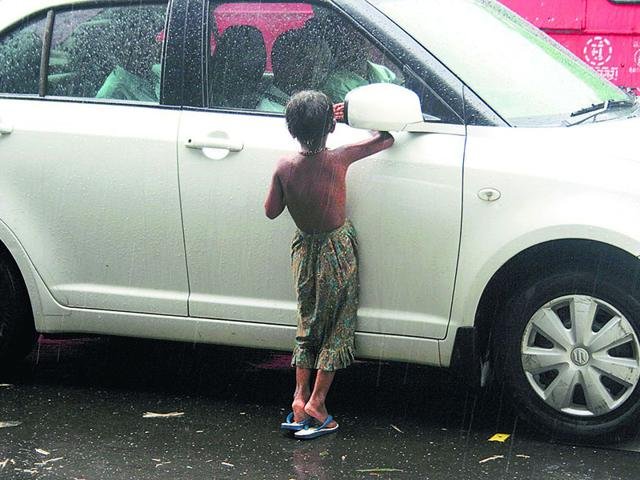Juvenile Crime: A sad truth about child criminals
Who is Juvenile?
- Juvenile means a person who is very young, teenager, adolescent or under age.
- In other words juvenile means children who have not yet reached the age of adults in that they are still childish or immature.
- Legally speaking, a juvenile can be defined as a child who has not attained a certain age at which he can be held liable for his criminal acts like an adult person under the law of the country.

Juvenile Crimes in India
- Crimes such as theft, burglary, snatching which are not so serious in nature or crimes such as robbery, dacoity, murder and rape etc which are relatively serious are on the rise in whole of the country.
- And the unfortunate thing is that all types of these crimes are also being committed by children below the age of 18 years.
- Among juveniles also there is a specific trend that juveniles between the age of 16 to 18 years are found to be more involved in heinous criminal acts.
- The recent inhuman gang rape of a young girl on December 16, 2013, shocked the collective conscience of the nation.
- The brutality with which the heinous crime was committed was most shocking
- it was later found out that among five accused, one was minor and he was the most barbaric one.
Incidents of Juvenile crime

Causes
No one is a born criminal. Circumstances make him so. Socio-cultural environment, both inside and outside of home, plays significant role in shaping one’s life and overall personality.
- Poverty
- Broken homes (family)
- Drug abuse
- Racial discrimination
- Role of media

Crimes and behaviour
- Aggravated assault
- Homicide
- Rape
- Robbery
Prevention
- Education
- Recreation
- Community involvement
- Creation of special programs
Present Legislation
- Juvenile offenders may kept under ‘Observation home’
- Juvenile can be detained for a maximum period of 3 years irrespective of the gravity of the offence
- The purpose of this new Act was to rehabilitate the child and assimilate him/her in mainstream society.
Conclusion
- In conclusion it can be said that whatever changes be made in the Act, it should be the interest of justice which must prevail
- Juveniles were charged with only 3.4 per cent of total number of rapes registered in India.
- Also, there is nothing to prove that harsher laws will lead to fewer crimes.
- Society want to have a justice system based on retribution and punishment or a system which is reformative and assimilative for the juvenile offenders.
- The State as well as the society has a responsibility towards our children in the sense that they would not become wayward and remain in the social mainstream
Hence..
Care and protection must be the main motto while amending the Juvenile Justice and not punishment
It is not only the responsibility of the child that he/she has committed such heinous crime but is is also the responsibility of society has not been able to provide a proper and healthy childhood.

References:
http://www.indiacelebrating.com/social-issues/juvenile-crimes/
https://thesellerslawfirm.com/wp-content/uploads/2016/09/juv-delinquency.jpg?w=300
I have given the references where I studied this topic. I had presented this topic at my university.
Thank you